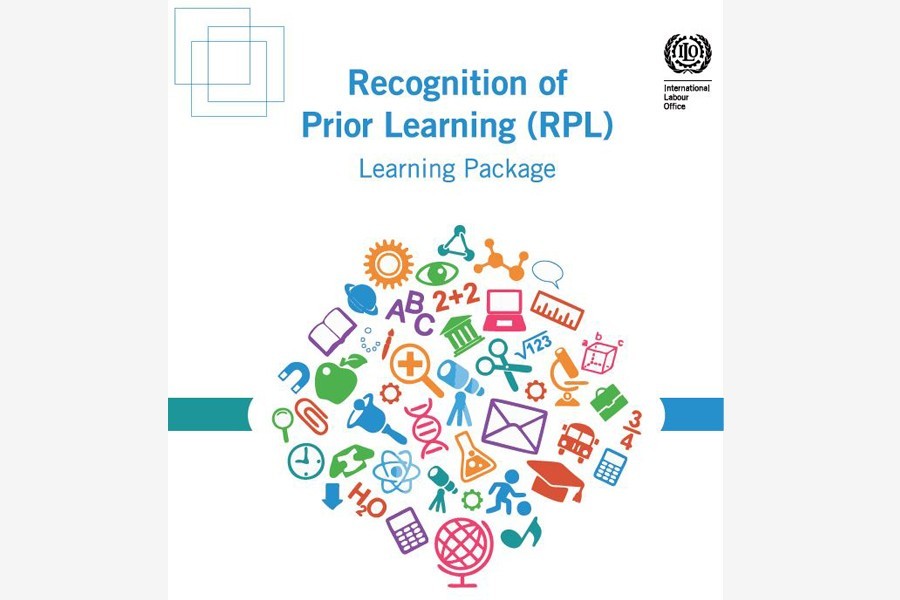Though belated, the government's skills certification programme for overseas jobseekers is a praiseworthy move, but lack of public knowledge has rendered it rather restricted to the extent that many job-seekers as well as those who have returned from abroad due to pandemic-induced circumstances are unaware of such a programme. The Bureau of Manpower Employment and Training (BMET) launched this skills certification programme, dubbed Recognition of Prior Learning (RPL), on November 04 this year. The certification course has been designed particularly for overseas returnees to formally recognise their skills and knowledge within the system of National Training and Vocational Qualifications Framework.
Most migrant workers from the country go abroad with no official certification attesting to whatever skills they may have. Not to mention the overwhelming majority of the unskilled workers, those who are semi-skilled or nearly skilled carry no document certifying their skills or aptitude in their given fields. This is believed to be the main reason for the exodus of returnee workers many of whom have picked up sufficient work experience as well as functional skills, but lack of official certification has made them redundant in their overseas workplaces. It is in this context that the BAMET's move was likely to attract many returnees to have their skills certified by the government's designated agency. Around 300,000 workers have returned home from different countries between April and November, according to the data available with expatriates' welfare desk at Hazrat Shahjalal International Airport. While many of them have become jobless because of covid-19 fallout, a sizeable number of them also have come back because of the expiry of job contract and their status as irregular workers. Given the redundancy of unskilled workers in many countries, it is believed that certification in respect of those who are skilled (or semi-skilled) can help them secure fresh job contracts, that too with higher wages.
A FE report quoting BMET officials says the Bangladesh Technical Education Board is providing certificates after evaluating the candidates. The board is also providing three days' orientation before assessment. The BMET's technical training centres (TTCs) are providing logistics for the course. Around 30 trades have so far been included in the course at eight TTCs, free of charge. It has also been learnt that participating workers are also being provided with a modest stipend.
The plan does sound good, but it has already run into a snag as the number of participants in the course is too small. The afore-mentioned FE report has attributed this poor participation to lack of publicity. Otherwise, understandably, there is no plausible reason why workers eager to get back to their workplaces abroad should not rush to attend the course. Migration experts hold that to make the best of the programme, there has to be a strong country-wide campaign to make workers apprised of the need to have their skill certified. If this is done, it is highly likely that the migrant workers would immensely benefit from the programme.


